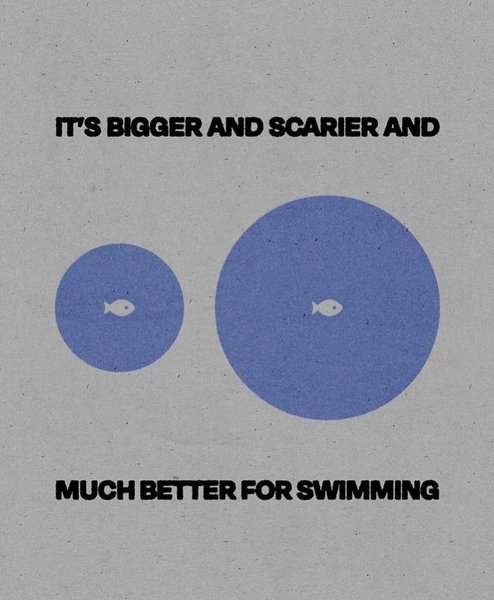Sublime
An inspiration engine for ideas
Parallels between civilizations and companies, emphasizing founders’ creative leadership in meeting challenges and sustaining opportunity.
TRANSCRIPT
They're talking about civilizations. I think with you and I, obviously, the lessons for companies jumps off the page. This is really why there's always more opportunity. You know, there's always room for a new company, a new startup, because on one point, we are all agreed civilizations begin, flourish, decline, and disappear.
Companies begin,
... See moreBuilding and monetizing a niche business podcast while preserving creative freedom, scarcity, and avoiding growth-for-growth’s-sake incentives.
TRANSCRIPT
I think there's a bit of a cold start.
If you were to propose going and creating an acquired for sports, you would, the sort of risk I guess we took, we didn't think about it as risk at the time because it was just a hobby, was you're looking at years of no or little monetization. Right. Because it's going to take a long time to build up the
... See more“I doubt if more than one campaign in a hundred contains a big idea. I am supposed to be one of the more fertile inventors of big ideas, but in my long career as a copywriter I have not had more than 20, if that. Big ideas come from the unconscious. This is true in art, in science and in advertising. But your unconscious has to be well informed, or
... See more

X. It’s what’s happening



